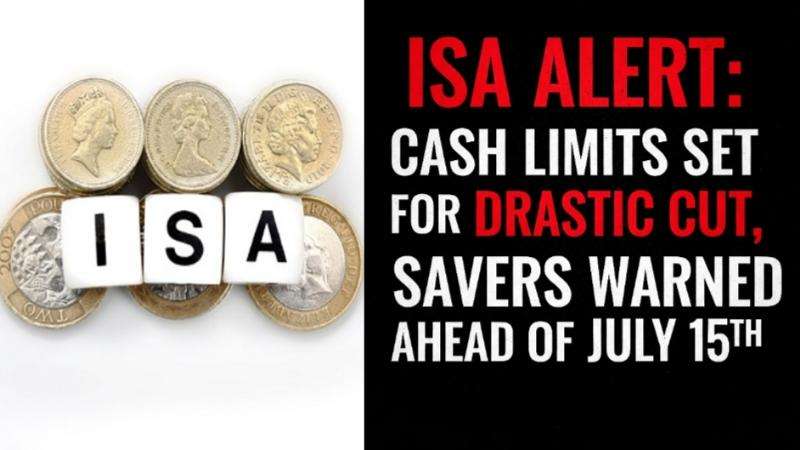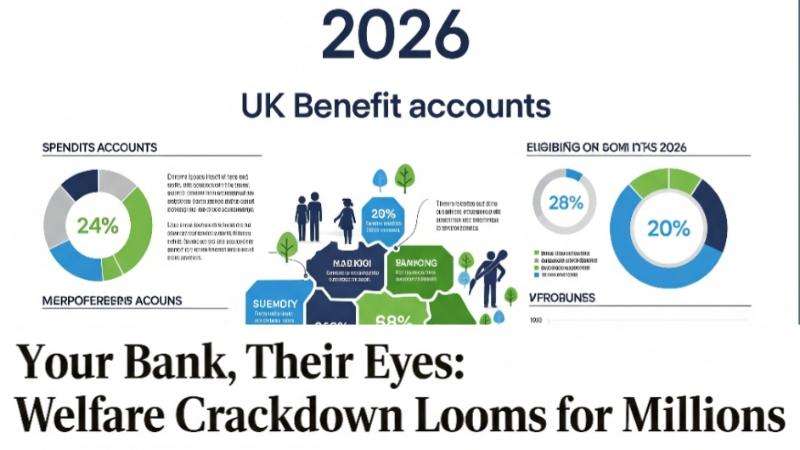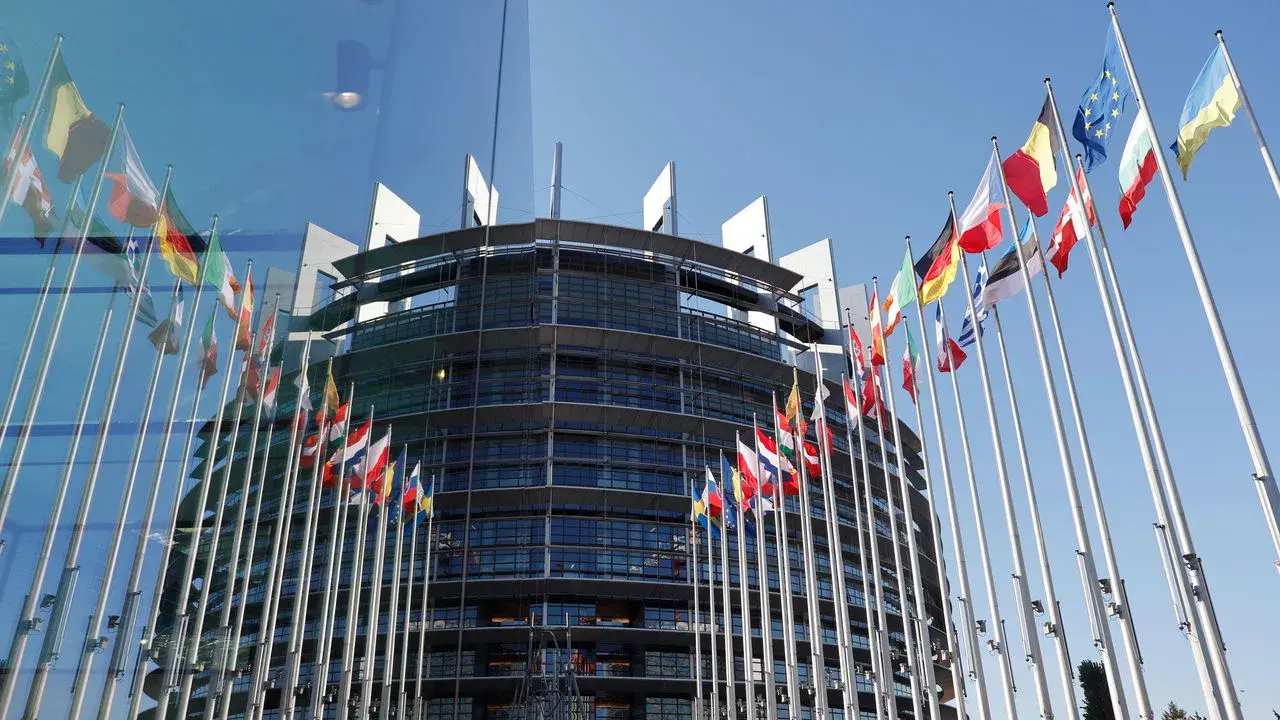As nationalist parties gain momentum across Europe, there's a noticeable shift towards right-wing ideologies among the populace. This trend stems from widespread discontent with governments' handling of immigration, economic challenges, and various other issues. It is possible that for the first time the far-right will be able to influence European policy.
A significant surge towards right-wing parties is evident in European polls, with predictions suggesting nationalist and far-right groups could secure nearly a quarter of seats in the European Parliament elections in June. This rise in right-wing influence poses a potential threat to the EU's core values, such as the rule of law and human rights, and could hinder the passage of major green and climate legislation. The growing prominence of right-wing factions could complicate decision-making processes within the EU institutions.
Additionally, hardline anti-immigration parties are leading or closely trailing in polls across several European countries, indicating a broader trend towards right-wing ideologies across the continent. In 2023, France experienced significant unrest and protests, signaling a notable shift in the political sentiment of the public. This tumultuous period posed challenges for the French government, reflecting a broader change in the political consciousness of the country.
The President of the Republic is under scrutiny for his immigration policies and stance on the Ukraine conflict, amid high inflation and unbearable living costs. Marine Le Pen's National Assembly exploits these issues to stimulate public outrage, positioning her party as a leading contender for the upcoming French election. She is also known for her strong stance against Islam. The French media appears to be increasingly aligned with right-wing perspectives. It has become uncommon to find praise for Macron and his party in the media, indicating a shift in media sentiment towards more conservative viewpoints. In Italy far-right parties have come to power separately, leading to an implicit rivalry as they prepare for the upcoming European Parliament elections. Despite initial success, a coalition government was formed due to a lack of majority. This government, led by Giorgia Meloni's Brothers of Italy party, has focused on anti-immigrant measures but faces challenges and clashes with the EU.
Polls suggest growing support for the coalition, but internal divisions may arise during the European Parliament elections in June. Italy's far-right victory mirrors trends seen in other countries, driven by factors such as a surge in immigration, economic crisis, and dissatisfaction with the perceived shortcomings of left-wing policies. These issues have fueled discontent among voters and created fertile ground for the rise of far-right parties promising solutions to these challenges. In last November's parliamentary elections, Geert Wilders, known for his anti-Islam rhetoric and leadership of the Dutch People's Party for Freedom, claimed the top spot with 23 percent of the vote. He is also anti-EU and known as the “Dutch Donald Trump”. His electoral triumph stems from a platform advocating for the elimination of European regulations in agriculture and fisheries, the removal of the European flag from official Dutch buildings, and even the prospect of the country's departure from the European Union, known as "Nexit." These proposals have understandably raised concerns in the EU.
Marine Le Pen was among the initial political figures to extend her congratulations to Wilders for his resounding victory. Ahead of the 2024 state elections in Germany, the most recent polls show that the far-right populist party Alternative for Germany (AFD) is leading in all regions, with support surpassing 30%. AFD strongly opposes Islam, immigration, and holds a skeptical view of the EU. Similar sentiments resonate within the current governments of Finland and Sweden. In Finland, there has been a notable shift towards right-wing policies, particularly regarding immigration and national security, under the leadership of Prime Minister Petteri Orpo. The Swedish government, too, has seen a rise in anti-immigrant rhetoric and a more conservative approach to social and economic policies. One prominent trend in these nations is the widespread presence of Islamophobia.
As Islam's influence grows in Europe, conservative factions are becoming more resolute in their opposition to the religion and immigration. However, this perspective often fails to consider the historical context of Muslim migration, which is deeply intertwined with European imperialism and colonial history.
Additionally, the conflict in Ukraine is wreaking havoc on Europe's economy. Recent GDP figures for the final quarter of 2023 suggest that the EU narrowly avoided a recession, while the UK economy is officially declining. Meanwhile, the cost of living remains exceedingly high across all sectors. The future direction of the EU's political arena will be determined in June, but it's apparent that the far-right is well-armed with its anti-Islamic, anti-immigration, and anti-EU rhetoric, and there seems to be growing public support for these ideologies. Only time will reveal the fate of Europe, but the prospects for non-Europeans in the long run appear uncertain.








.svg)
